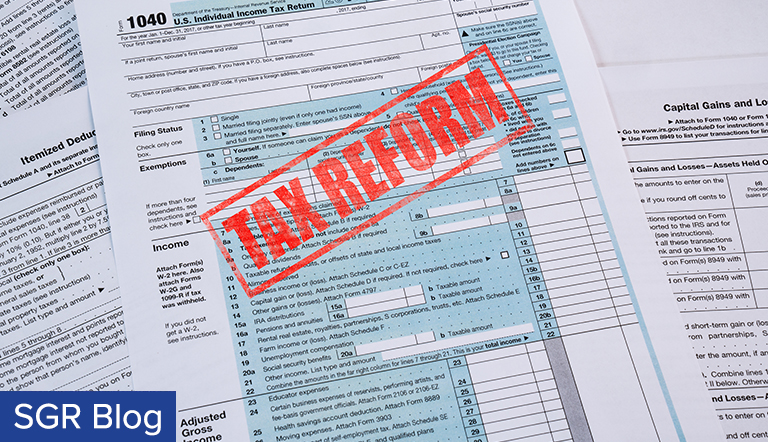
Tax Trial of the Century…[1] Which does not belong: Bad, Thriller, Moonwalk, Tax Court. Actually it is not a fair question because they all have one thing in common, Michael Jackson. The last one being the Estate of Michael J. Jackson v. Commissioner of Internal Revenue[2]. Michael Jackson died in June 2009. The Executors of his Estate filed an estate tax return reporting the value of his property, which included Jackson’s image and likeness, his 50% interest in Sony/ATV, a music catalog and music publishing business,[3] and his interest in Mijac Music, which owned musical compositions from a variety of artists,… Read more








